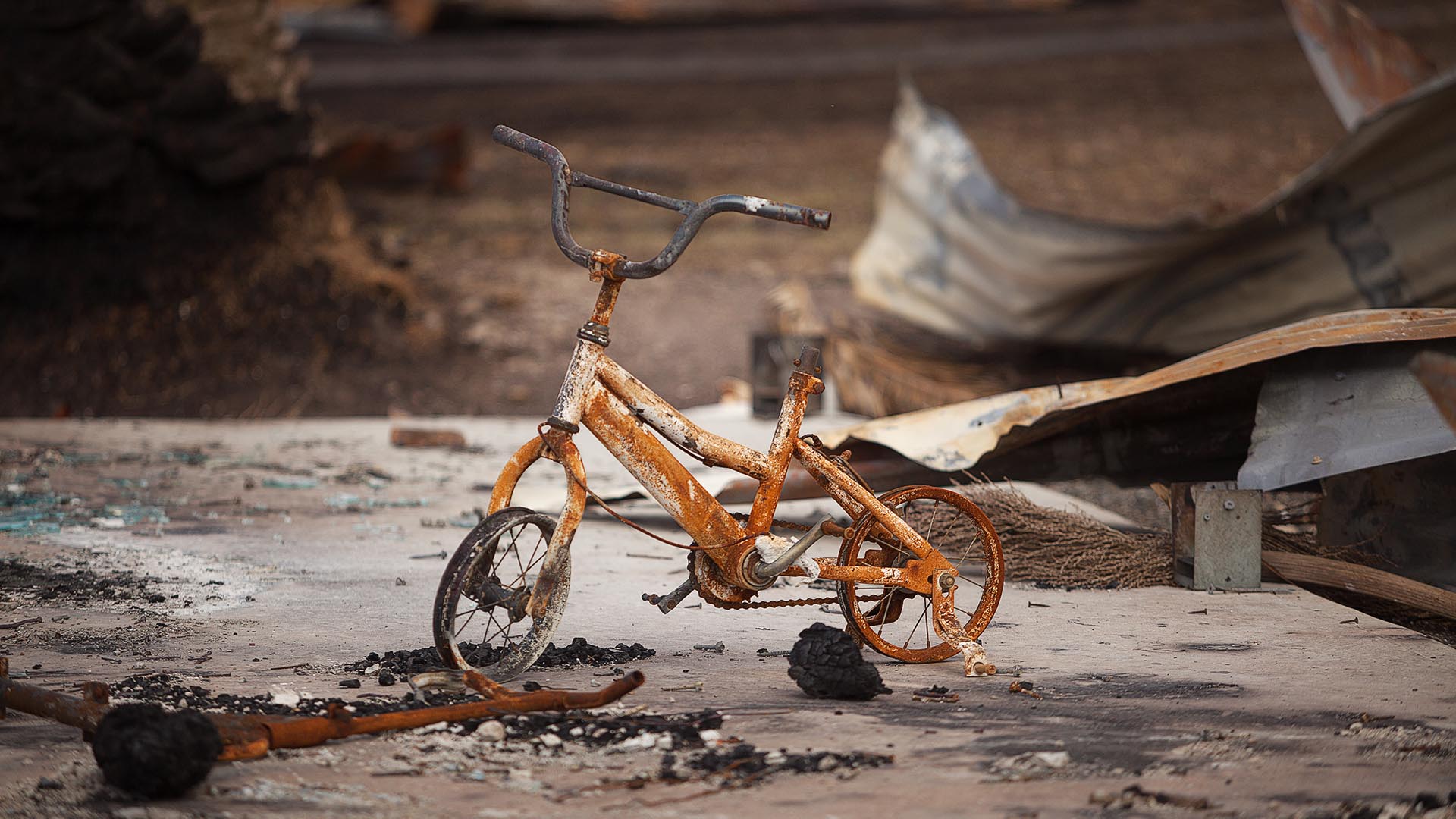Guide enables educators to support kids and communities affected by disaster

With many communities across Australia still recovering from an unprecedented summer of bushfires and the devastation they caused, Early Start at the University of Wollongong (UOW) has developed an online guide to support early childhood educators as they care for affected children.
Bushfire Response: Restoring a Sense of Safety and Security was funded by the NSW Department of Education and compiled by early childhood experts from Early Start working with staff from Coolah Preschool in central western New South Wales.
An online resource, Bushfire Response can be accessed by early childhood services in the regional and rural areas of the State that were disproportionately affected by the bushfires.
The guide provides educators with an understanding of how natural disasters affect children's behaviour and development, and will assist them to respond in ways that are evidence-informed and effective.
Associate Professor Cathrine Neilsen-Hewett, Director of the Early Years Program in UOW's School of Education, said early childhood services had an important role to play in supporting children and families, and helping to restore a feeling of safety and security so that children could learn and prosper.
"For many children, their early childhood service will be the only sense of normalcy they have in their life, so it's about going back to a normal routine," Professor Neilsen-Hewett said.
"We find children take great comfort from the familiar, so it's making sure that they have an understanding of their expectations and providing them with activities that are supportive and reassuring."

Associate Professor Cathrine Neilsen-Hewet said early childhood services can help to restore a feeling of safety and security so that children could learn and prosper. Picture: Paul Jones, UOW
Early childhood teacher and Early Start Community Engagement Coordinator Ms Kim Stouse-Lee said early childhood education and care services were well positioned to support families after a natural disaster.
"One of the reasons for this is that we are a place of security and trust," Ms Stouse-Lee said.
"We often already have established relationships. Families often share with us information that they won't share in other contexts, because they feel safe and secure. They trust us to look after their children."
The resources in Bushfire Response, inclluding evidence-informed advice, videos and links, are grouped into five categories:
- Understanding the impact
- Understanding your community
- Supporting the children
- Our team
- Additional resources






